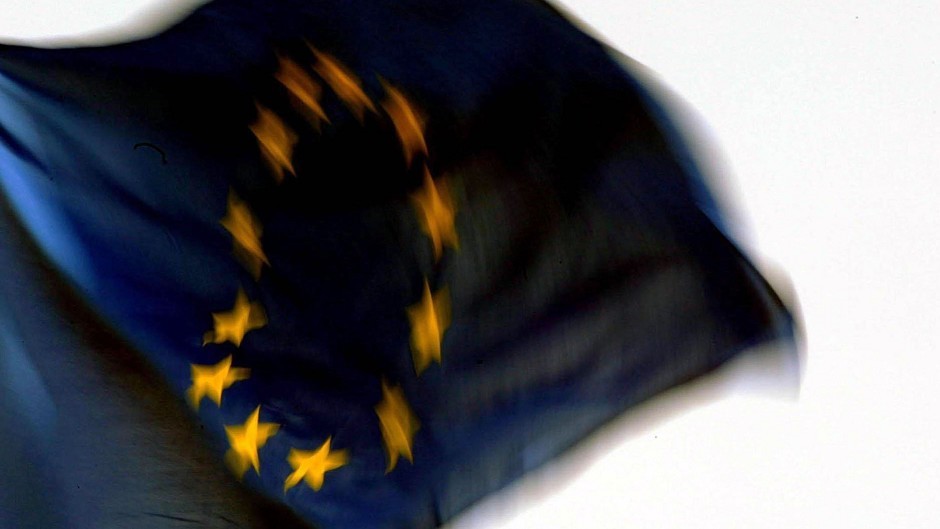Senior business leaders have claimed an independent Scotland would not be able to join the European Union for at least three years.
A group called Business For New Europe, (BNE) which counts the chairmen of BAE Systems, RBS, BT Group and the London Stock Exchange amongst its advisory board, said it would be “next to impossible” to rejoin on the UK’s current terms.
The group warned that Scotland’s membership could be delayed until the next decade if the Scottish Government insisted on an opt-out of the Euro and a share of the UK’s budget rebate.
A report by BNE associate Dr Daniel Furby said Scotland would leave the EU on independence day – March 24, 2016 – and would have to reapply under the normal accession procedure, rather than the “unprecedented, expedited route” suggested by SNP ministers.
It claimed Scotland “would need a temporary agreement to guarantee continued access to the single market” requiring a three-way negotiation between the Scottish Government, the UK Government and the EU running in parallel with UK-Scottish negotiations on the terms of independence.
The report states: “It would be next to impossible for Scotland to negotiate a budget rebate like the UK’s, and very difficult for it to keep zero VAT rates on food, children’s clothing and books
“Scotland would also find it very hard to negotiate a formal opt-out from the euro, and if it did succeed in securing a currency union with the remaining UK, that very fact would seriously complicate negotiations on EU membership.
“If negotiations between the UK and Scottish Governments dragged on, or if Scotland pushed for special deals from the EU, the date of accession could slip into the next decade.”
Roland Rudd, chairman of Business for New Europe and RLM Finsbury, said an independent Scotland “could not count on rapid and smooth entry” to the EU on the terms the UK currently enjoys.
“There would be a price to pay and the more Scotland pushed for special deals, the longer the process could last,” he added.
